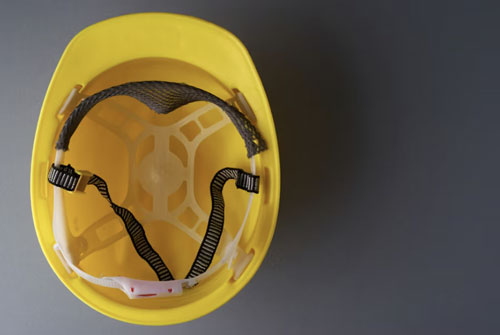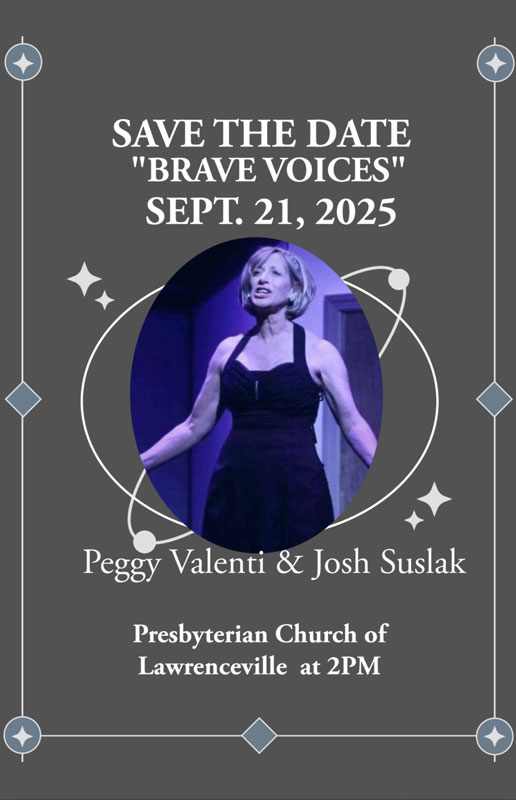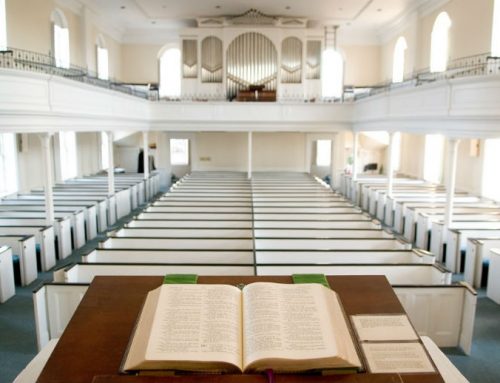Last week’s sermon spurred several responses. I’ll mention one here. One member shared with me having had a marital spat the night before – which had been weighing heavily that morning, and about which he was not ready to apologize at the time. He described to me how it was to take that first step, which I discussed in the sermon: Acknowledgement. The first step is to become clear about what one has done.
I did it. It was wrong. I take responsibility.
Obviously, the most important step is to communicate that to the one or ones you’ve hurt.
One thing I may mention on Sunday: just as there is in God’s grace nothing that can’t be forgiven, there is no statute of limitations on repentance. Aaron Lazare’s wonderful book On Apology describes a 71 year old man who apologizes to a classmate (now 70) for something he had done in elementary school. It’s a moving account of how it’s never too late to begin this process.
This week, we look at the 2nd and 3rd step in this process of repentance: remorse; and restitution. When we realize we’ve done something that has torn the fabric of relationship with self and other, self and community, self and God – the next step is to feel the pain we have caused. This is an internal process of coming to clarity. To confess that to God, and then to express that pain publicly, as we indicate to the one(s) offended our contrition, is important both for us and for the other. It is necessary if healing is to continue.
One way to make this contrition (remorse) visible is to make some tangible and concrete effort at making right what was wrong (restitution). The deed cannot be undone; the vase cannot be unbroken. But, there can be concrete ways to move toward restoring what was lost. In some cases, the actual restitution is not so much about replacing or directly repairing what was lost, but it is the act itself that is most important.
The ancient word for this act is the word penance. Penance is very different from punishment. We should think of penance as a gift that aims to restore and repair the damage that has been done. Through this act, the healing power of God’s grace is bestowed on us in and through that action. Doing penance is therefore not a punishment, but a gift.
One of the most powerful illustrations of this part of the process of repentance is this scene from The Mission. Robert Mendoza has hunted the Amazonian Indians as slaves for years. In a crime of passion, he murders a rival for his lover. In asking for penance, his friend Fr. Gabriel asks Mendoza to minister to the very same people he had once hunted down. See for yourself (click the link above) how these 2 steps become clear in Mendoza’s journey up the cliff to the Mission. How does this show remorse and restitution? Why is it important that it be visible (and is convincing) to the ones who have been hurt? (Tune in next week for the rest of the scene!)
This week’s scripture text is a familiar one for many of us: the story of Zaccheus in Luke 19:1-10–the tale of his climb, in this case up the sycamore tree. In it, we also see these two steps at work: contrition, and the act of restitution (or penance).
What interests me about this text is the fact that it takes place after Jesus has healed a blind man on the way into Jericho, a major trade checkpoint for goods and services going in and out of Palestine. Zaccheus was a chief tax collector, collecting levies on behalf of the Roman occupiers who were so hated by his fellow Jews (“Children of Abraham”). Such compatriots might question whether Zaccheus really remained a Child of Abraham because of his collaboration with them.
Zaccheus’ climbing of that tree had to do with his desire for a clear view of the Christ. How does his act (of penance) serve to be another “tree” he must climb – and give him another clear view?
What does it mean to be “A Child of Abraham?”
Does Zaccheus’ actions serve to restore him to community? To a right relationship with God? Wholeness in himself? (Salvation can indeed mean “Wholeness”?
What has been your experience of this process of repentance? Has it indeed helped you see more clearly – yourself, the other, God?
I would love to hear your responses…AND to hear about what you think of the effectiveness of this mode (blogging) as a companion to the sermon….
Jeff
PS – for further study of the scripture, click here.



